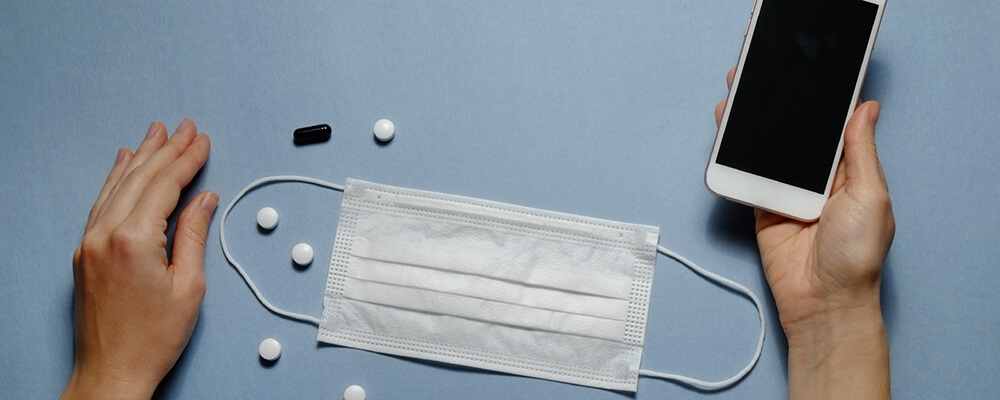Promoting social participation and an independent lifestyle is of utmost importance, especially for people in need of care. This forms the foundation for adequately experiencing relationships, interpersonal bonds, social integrity and solidarity. A long-term need for care and assistance considerably limits opportunities in this regard. Thus, in order to ensure individual self-determination potential solutions need to be continuously adapted to their respective framework conditions and created through the interdisciplinary collaboration of stakeholders. At the same time, solutions must methodically reflect aspects of social inequality. The current Corona pandemic reinforces existing social inequalities and has a particular impact on the living and care conditions in outpatient and inpatient long-term care.
Digital technologies can provide a constructive solution to this problem. For example, telemedicine solutions help people avoid unnecessary visits to the doctor or provide advice irrespective of location. At the same time, modern digital means of communication enable social exchange with people close to us, open up options for networking in various social spaces, and help people to safely remain in their own living environment, for instance through intelligent sensor systems and smart-home technologies. However, the potential of digital technologies also depends on their availability and the ability of people in need of care to be able to use them according to their own wishes and needs.
87 %are open to the use of modern technology in care (Source: INQA – Digitalisierung in der Pflege)
74 %of respondents say that not everything should be digitised (BITKOM 2021)
87 %would like to see the promotion of media and information literacy in all age groups (BITKOM 2021)
“Digital support is desired.”
Especially in times of pandemic, lockdown and social isolation, attitudes toward digital health (DIGA) and care (DIPA) applications have changed enormously. Studies show the increasing desire for digital support: 90% of the participants in a survey in Germany no longer want to do without the benefits of digitisation. And more than half of those surveyed want to participate more in digital life – but know too little about it. (BITKOM 2021) However, participation and digital sovereignty require knowledge, competence and empowerment. This is because around a quarter of the people surveyed in Germany often do not dare to use devices such as smartphones or computers – for fear of doing something wrong (BITKOM 2021). These fears can also be observed among people with care and support needs – but also among professional caregivers.

